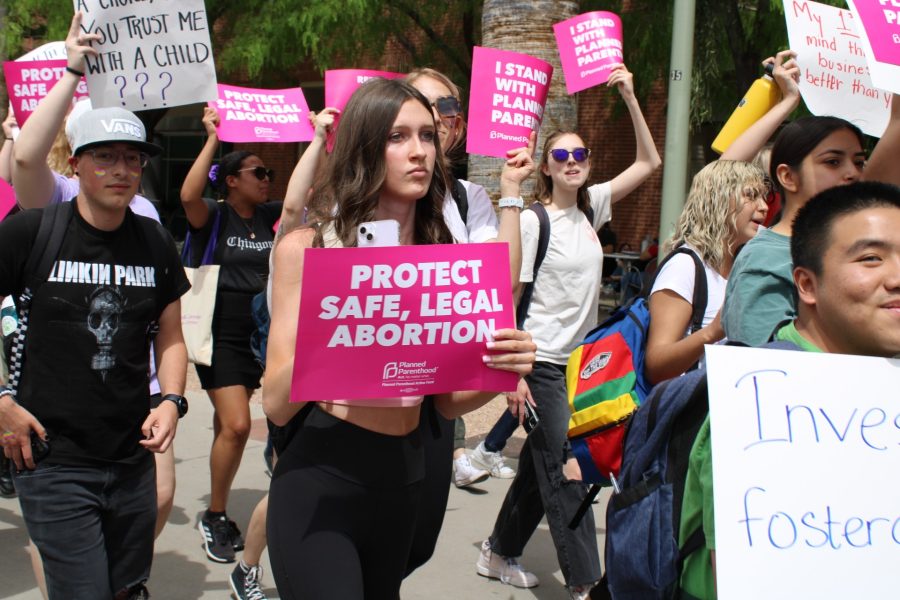Let the dough roll in. Proposition 206, also known as the Fair Wages and Healthy Families Initiative, passed 59.1 percent to 40.9 percent. Starting in January, Arizona’s minimum wage will gradually increase from $8.05 to $12 in 2020.
On Jan. 1, 2017, minimum wage will increase to $10, then $10.50 in 2018, $11 in 2019 and $12 in 2020. In 2021, minimum wage will be adjusted each year based on the cost of living.
The current full-time minimum wage worker makes $16,744 per year. With the raises, by 2020, employees would receive an annual income of $24,960.
The law regarding tipping in Arizona will stay the same, which allows employers to pay employees $3 less than minimum wage if they are making as much—or more than—minimum wage with tips.
Proposition 206 also entitles employees to paid sick time. Employers with more than 15 employees must provide each worker with 24 hours of paid sick time per year. If they have more than 15 employees, that number jumps to 40 hours per year. Sick time is available to employees who have a physical or mental illness, must care for a family member, experience a public-health emergency, or take a leave of absence because of domestic or sexual violence and/or stalking.
Republican Sandra Davis Canatsey was concerned with Proposition 206 passing because she believed it’ll block young people from getting a start in the workforce. She said employers wouldn’t want to hire teenagers without a work ethic for such a high wage.
“I think most of these entry-level jobs are not lifetime professions—I think they are jobs that get your foot in the door and then you move up,” Cantasey said. “You learn more job skills so you’re not stuck with $7 the rest of your life.”
Republican Rachelle Bronson, an owner of three local smoke shops, was also unhappy with the passing. She was worried about being able to pay her workers.
“It would put me out of business because I can’t afford to pay that to all of my employees,” Bronson said. “It would put me and 15 people out of work.”
On the other hand, Southern Arizona Director for Proposition 206 Zaira Livier was relieved and proud of Proposition 206 passing. Livier was excited for the prospect that people working minimum wage jobs could finally quit that second or third job, go to school, or spend a little more time with their kids instead of struggling every day to make ends meet.
“It’s a dream that the hard work, the sacrifices, everything we have done is here and most of all the idea that 1.6 million Arizonans are going to have a better way of life,” Livier said. “I don’t think it’s something that you can describe in words in any given moment. I think we are going to have a healthier, thriving Arizona because of it.”
Follow Rocky Baier on Twitter.









